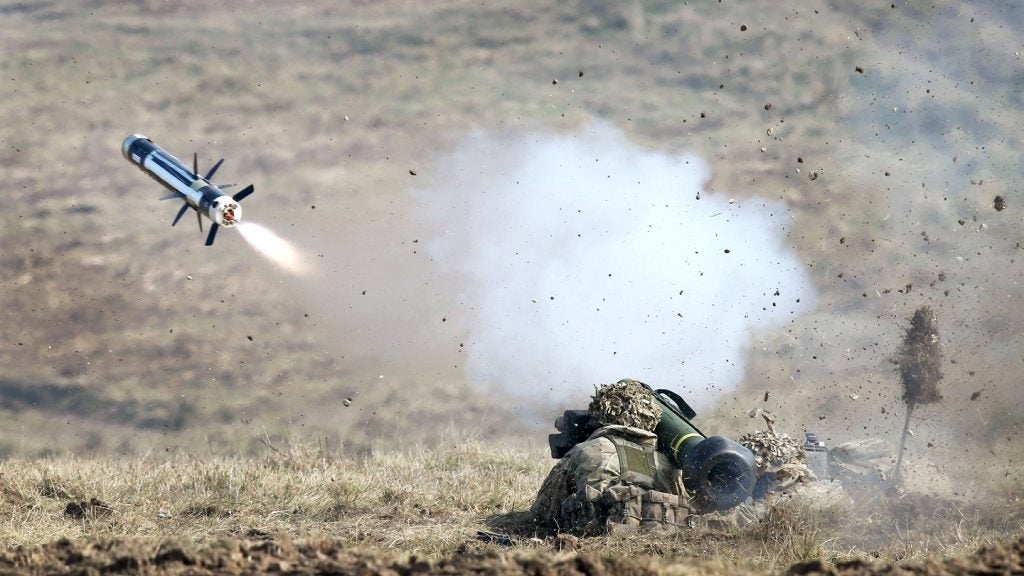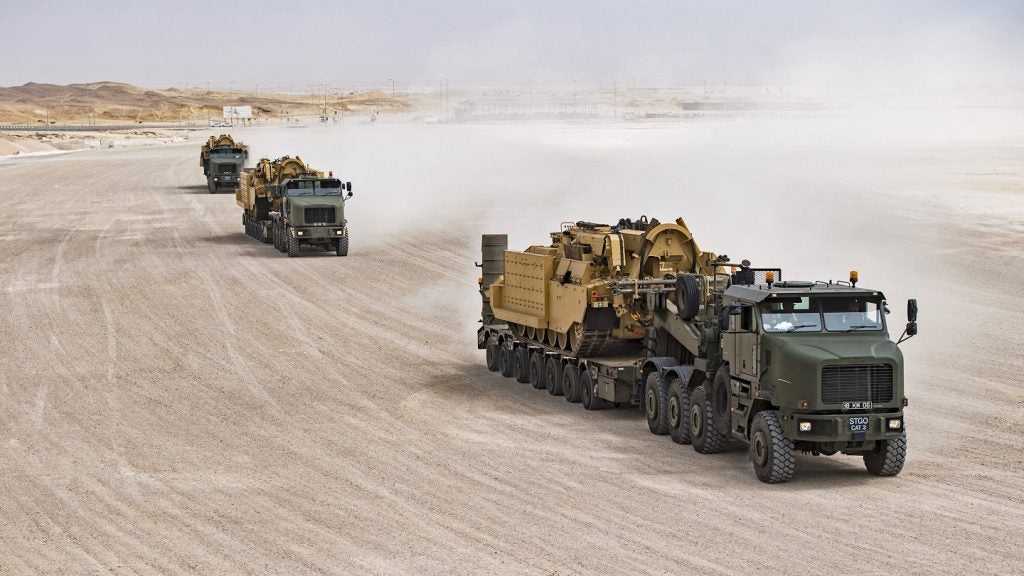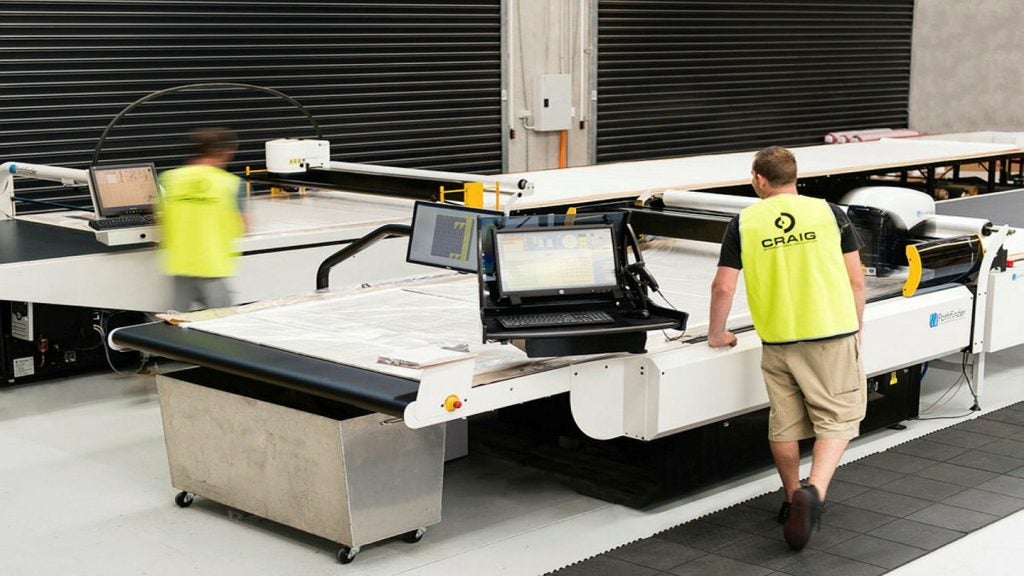
In the week of the Defence and Security Equipment International (DSEI) 2023, beginning 11 September, the ADS Group have published a Defence Outlook report examining the contribution of Defence to the UK national economy, finding that the sector’s importance has grown as global threats and volatility have increased.
The defence sector has added £9.8bn to the UK economy this year, with a three-year average of £7.4bn in exports, the report finds, adding that on a ten-year rolling basis the UK remains the second largest defence exporter, globally. Highlighted business opportunities helping to drive the £22.8bn turnover include the Global Combat Air Programme (GCAP) and AUKUS.
How well do you really know your competitors?
Access the most comprehensive Company Profiles on the market, powered by GlobalData. Save hours of research. Gain competitive edge.

Thank you!
Your download email will arrive shortly
Not ready to buy yet? Download a free sample
We are confident about the unique quality of our Company Profiles. However, we want you to make the most beneficial decision for your business, so we offer a free sample that you can download by submitting the below form
By GlobalDataAs part of the Integrated Review Refresh in 2023, an update to the UK’s premier strategic policy document, £5bn in additional public monies were guaranteed towards defences, with £3bn of the additional funds allocated to nuclear deterrent for AUKUS and the remaining £2bn used to address requirements in the UK for stockpiling and strengthening supply chains.
Lessons learned from the war in Ukraine have driven attention towards stockpiling and supply chains, with a additional investment in this area totalling of £2.5bn across 2023. While ADS recognises that this was welcomed by the industry it notes that “more substantive decisions on long-term defence investment await a future spending review.”
More promisingly, ADS highlight the $41.3bn intended to be invested in land equipment and support over the next ten years, as part of the Land industrial Strategy announced in 2022.
Without publishing findings about individual platforms or the nations in receipt of these exports, ADS find that the market sector of exports for each domain breaks out with a 77% share for air domain purchases, 10% for land, and 13% for sea.
The report also states that the sector has 147,500 direct employees, and provides placement for 6,900 apprentices. Data in the report suggest that half of these direct employees are in London or the South of England, totalling 73,750 staff.
Of the regions, Scotland is the next largest employer, with 13,250 working in defence. Wales is the next largest country in the union in terms of its defence industry staff, with 6,500 direct employees. In Northern Ireland, 900 people are employed directly in the defence sector.
Each defence worker contributes £66,000 to the national economy, the report finds, adding that this is 3% higher than the national average.
The ADS Group is the UK trade association for the aerospace, defence, security and space sector with a membership of over 1200 people from the defence engineering and services workforce.







